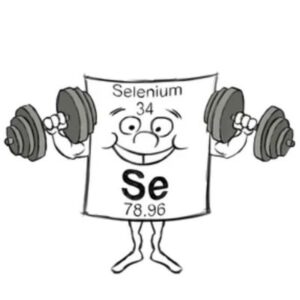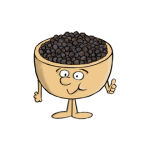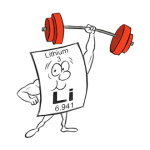Selenium And Mood
Selenium is an essential mineral recognized for its powerful antioxidant properties as well as its impact on brain health. Numerous studies highlight selenium’s significant impact on maintaining a positive mood (1).
The Selenium Impact on Mood
A study involving 50 participants found that those who supplemented with selenium reported significant enhancements in their mood at the 2.5 and 5-week marks, compared to individuals taking a placebo (2).
A study with 978 young adults revealed that those whose selenium levels fell within an optimal range experienced fewer symptoms associated with poor mood (3).
Lower selenium intake has been associated with a greater likelihood of experiencing mood challenges (4), whereas higher selenium intake has been correlated with a lower incidence of mood-related issues (5).
One study even showed that patients with Obsessive-Compulsive Disorder (OCD) who incorporated selenium into their standard treatment regimen showed significant improvements in OCD-related symptoms after six weeks, compared to a placebo group (6)(7).
Our Brains Need Selenium.
In times of deficiency, the brain has been shown to retain selenium at a higher rate than any other organ in the body. This exhibits just how important selenium is to brain health (8).
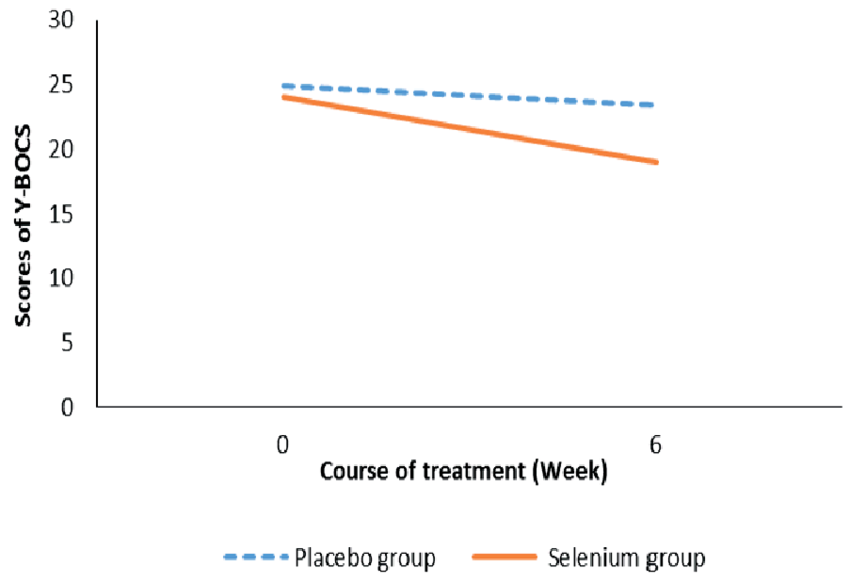
(Sayyah, mehdi, Andishmand, M., & Ganji, R. (2018). Effect of selenium as an adjunctive therapy in patients with treatment-resistant obsessive-compulsive disorder: a pilot randomized double blind placebo-controlled clinical trial. Archives of Psychiatry and Psychotherapy, 20(4), 57–65. https://doi.org/10.12740/app/99584)
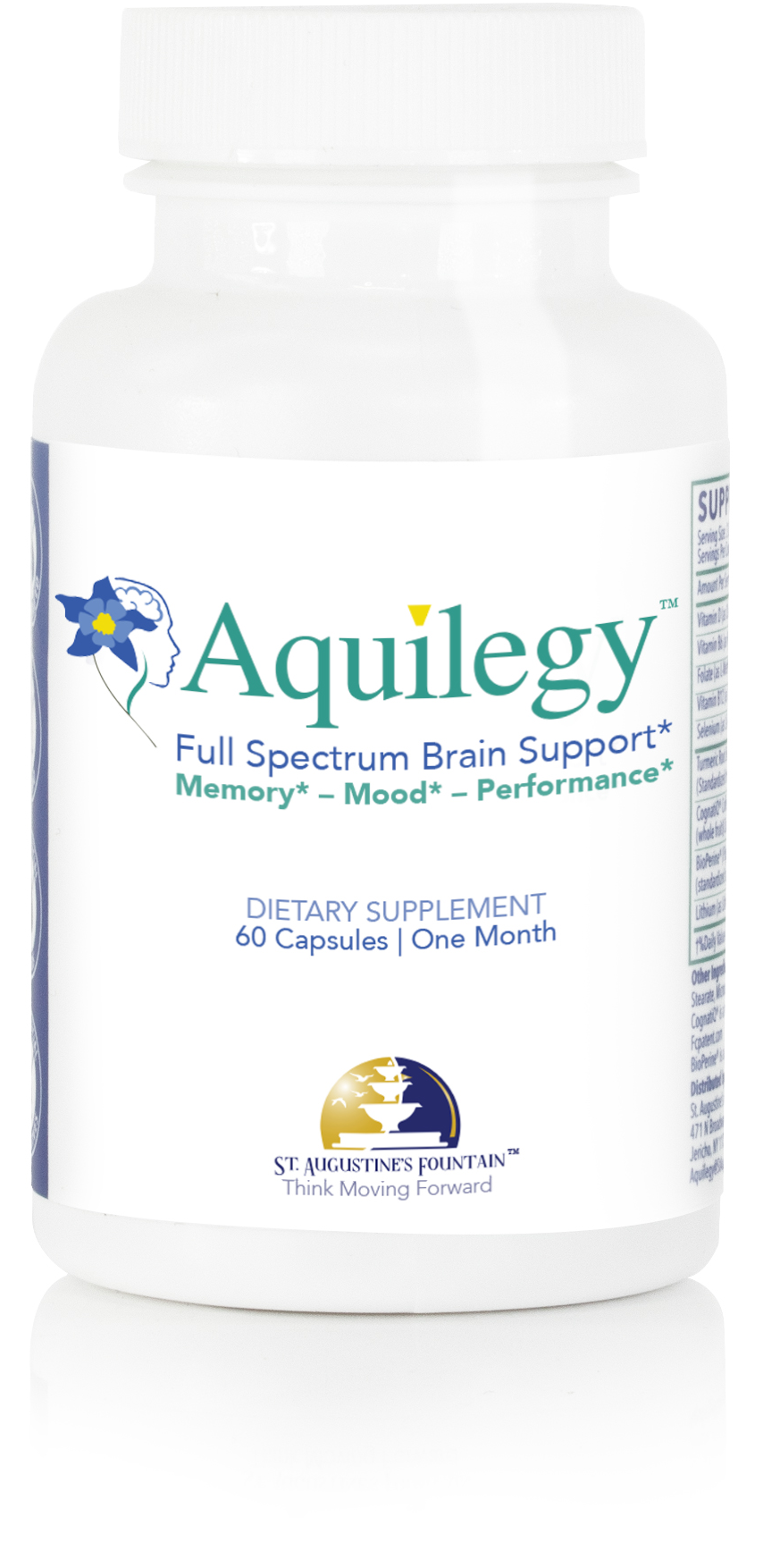
1) Rayman, M. P. (2000). The importance of selenium to human health. The Lancet, 356(9225), 233–241. https://doi.org/10.1016/s0140-6736(00)02490-9
2) Benton, D., &; Cook, R. (1990). Selenium supplementation improves mood in a double-blind crossover trial. Psychopharmacology, 102(4), 549–550. https://doi.org/10.1007/bf02247139
3) Conner, T. S., Richardson, A. C., &; Miller, J. C. (2015). Optimal serum selenium concentrations are associated with lower depressive symptoms and negative mood among young adults. The Journal of Nutrition, 145(1), 59–65. https://doi.org/10.3945/jn.114.198010
4) Pasco, J. A., Jacka, F. N., Williams, L. J., Evans-Cleverdon, M., Brennan, S. L., Kotowicz, M. A., Nicholson, G. C., Ball, M. J., &; Berk, M. (2012). Dietary selenium and major depression: A nested case-control study. Complementary Therapies in Medicine, 20(3), 119–123. https://doi.org/10.1016/j.ctim.2011.12.008
5) Ferreira de Almeida, T. L., Petarli, G. B., Cattafesta, M., Zandonade, E., Bezerra, O. M., Tristão, K. G., &; Salaroli, L. B. (2021). Association of selenium intake and development of depression in Brazilian farmers. Frontiers in Nutrition, 8. https://doi.org/10.3389/fnut.2021.671377
6) Sayyah, mehdi, Andishmand, M., &; Ganji, R. (2018). Effect of selenium as an adjunctive therapy in patients with treatment-resistant obsessive-compulsive disorder: a pilot randomized double blind placebo-controlled clinical trial. Archives of Psychiatry and Psychotherapy, 20(4), 57–65. https://doi.org/10.12740/app/99584
7) Kuygun Karcı, C., &; Gül Celik, G. (2020). Nutritional and herbal supplements in the treatment of obsessive compulsive disorder. General Psychiatry, 33(2). https://doi.org/10.1136/gpsych-2019-100159
8) Benton, D. (2002). Selenium intake, mood and other aspects of psychological functioning. Nutritional Neuroscience, 5(6), 363–374. https://doi.org/10.1080/1028415021000055925

